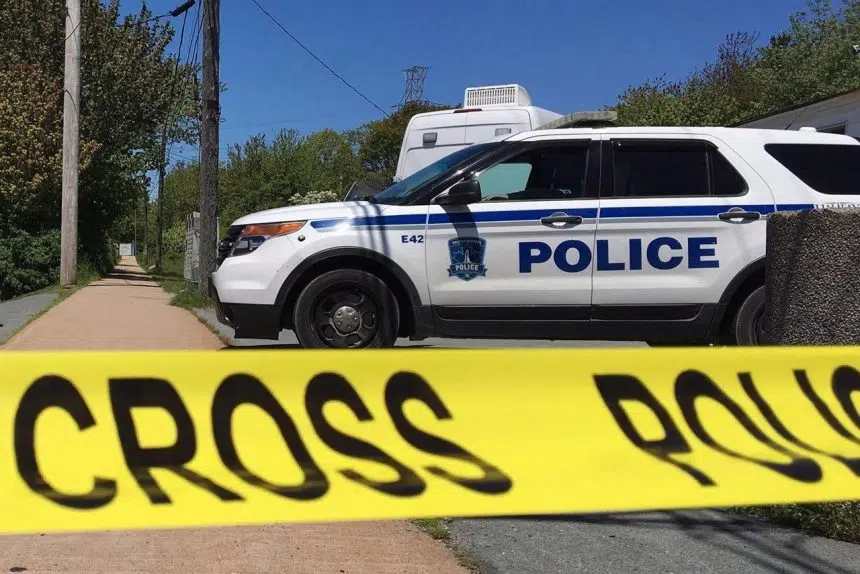TORONTO — Destigmatizing mental health issues and quick access to quality care are critical to helping stop police officers from killing themselves, a report released Wednesday has found.
The study by an expert panel comes up with seven “pathways” to better outcomes for officers, whose suicide rate is far above the national average. Key among them is to normalize mental health just like physical health.
“Removing stigma from mental health in general society is an important goal for everyone,” the report states. “In policing, it is a goal that must be recognized and acted upon as an urgent priority.”
Normalization, the report states, should begin before recruitment and extend through officers’ careers, and it must also bring in their families.
Ontario’s Chief Coroner Dirk Huyer constituted the panel after what’s believed to be an unprecedented nine officers in the province killed themselves last year. Several themes unique to policing emerged from the research.
One key factor is officer encounters with those in mental health trouble. By some estimates, up to 40 per cent of police calls involve such people, who may be in crisis or even violent.
“Most police members will soon come to regard any person with mental health issues as someone they would never want to be,” the eight-member panel states. “They often become disillusioned about the effectiveness of mental health care.”
The upshot is that officers develop a jaundiced view of the mentally ill, which in turn leads them to deny their own problems and avoid seeking help.
“When they’re starting to feel symptoms, they say, ‘I’m not like those people’ and ‘I don’t want to be like those people,’” Huyer said in an interview. “They deny the symptoms, they don’t recognize the symptoms, and they don’t want to be accepting those symptoms, because they don’t want to be like that person. And their partner doesn’t want them to be like that person.”
As a result, any sign an officer has even mild mental health problems can become a source of alarm for the individual and their colleagues. They may be seen, in police parlance, as “broken toys.”
“Many officers report becoming quite binary in their view of such things: Either you are fit for duty, or you are not,” the report says. “Any loss or limit on your ability to perform the full scope of your duties can amount, in the mind of the individual, to a loss of your identity as a police officer.”
That unique identity is another key factor driving police suicides, the panel found. For example, officers have far-reaching powers, frequently exercised under intense internal and external scrutiny; they respond to almost every suicide; and they are duty-bound to confront danger rather than run from it.
Even when officers or their families do want help, appropriate services can be maddeningly hard to find or afford, the report says. Substance abuse frequently becomes the substitute for proper treatment, and by the time officers seek help or are forced to do so, the situation has likely become more dire. Early recognition and intervention are crucial, the report says.
Also crucial is recognizing the complex interplay between on-the-job stressors and outside issues. Focusing only on at-work traumatic events can obscure other drivers, the report says.
“As our nine subjects travelled … to their tragic point of convergence, most had become disconnected from their employer and organizational supports,” the report says. “At the same time, most were also disconnecting from their family, friends and social supports.”
In all, the report makes 14 recommendations, among them asking the provincial government to develop the Ontario Police Members Mental Health Collaborative. Its duties would include designing a campaign aimed at normalizing mental health challenges.
Another recommendation calls for all coroners in the province to report on, and review, all first-responder suicides.
Colin Perkel and Liam Casey, The Canadian Press











